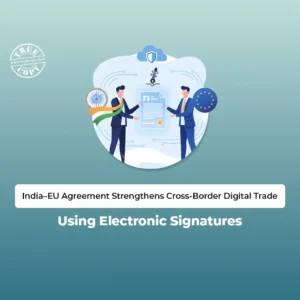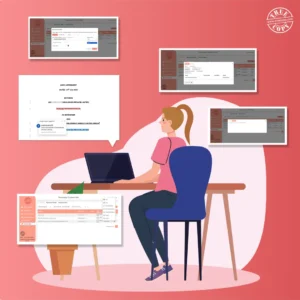Most of us buy from the Amazons/Myntra/Big Baskets of the world. As consumers, we very well know what benefits an e-commerce platform brings to us. Ease of ordering, discounts, home delivery, returns, and loyalty points to name a few. Sellers benefit too. They have a ready-made platform to advertise and sell their products. The e-commerce platform is always looking to add sellers in order to serve the consumers better – more variety, competitive pricing, and get consumers to spend more time on the platform browsing. The more you browse, the chances are you will end up buying more too.
What has this got anything to do with digital signatures?
Let us take an imaginary example of a handicrafts e-commerce platform. Let us call it HMP. HMP’s mission is to bring handicrafts made by artisans in India to the world. They conducted comprehensive market research to determine the kind of products that would be high in demand and it turned out that they needed to bring handicrafts from highly remote places across India onto their platform to really get their consumers to engage and buy. They needed to rapidly onboard sellers. They needed to get the eKYC done and online contracts signed. The only way to really do this at scale is to use electronic signatures or Aadhaar-based e-sign. All that the sellers need is their phone to sign the documents after OTP/video authentication to be onboarded onto the platform. This would open doors to the global market for sellers sitting in Meghalaya or in the Nilgiri hills or perhaps in a remote village in the Sahara Desert. Access to the market would enable businesses to grow, creating more opportunities for local artisans. Employment would go up, there would be more money to go around in the local economy helping the suppliers grow as the sellers grew. A growing economy is good for society!
E-signature solutions are enablers and play a vital role in this transformation. They should be leveraged by every e-commerce platform to sign agreements and online invoices. Not only will this save trees by eliminating paper but it will enable inclusivity and wealth creation opportunities where none existed in the past.



